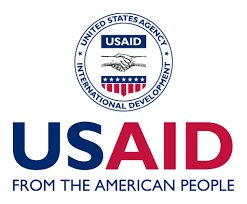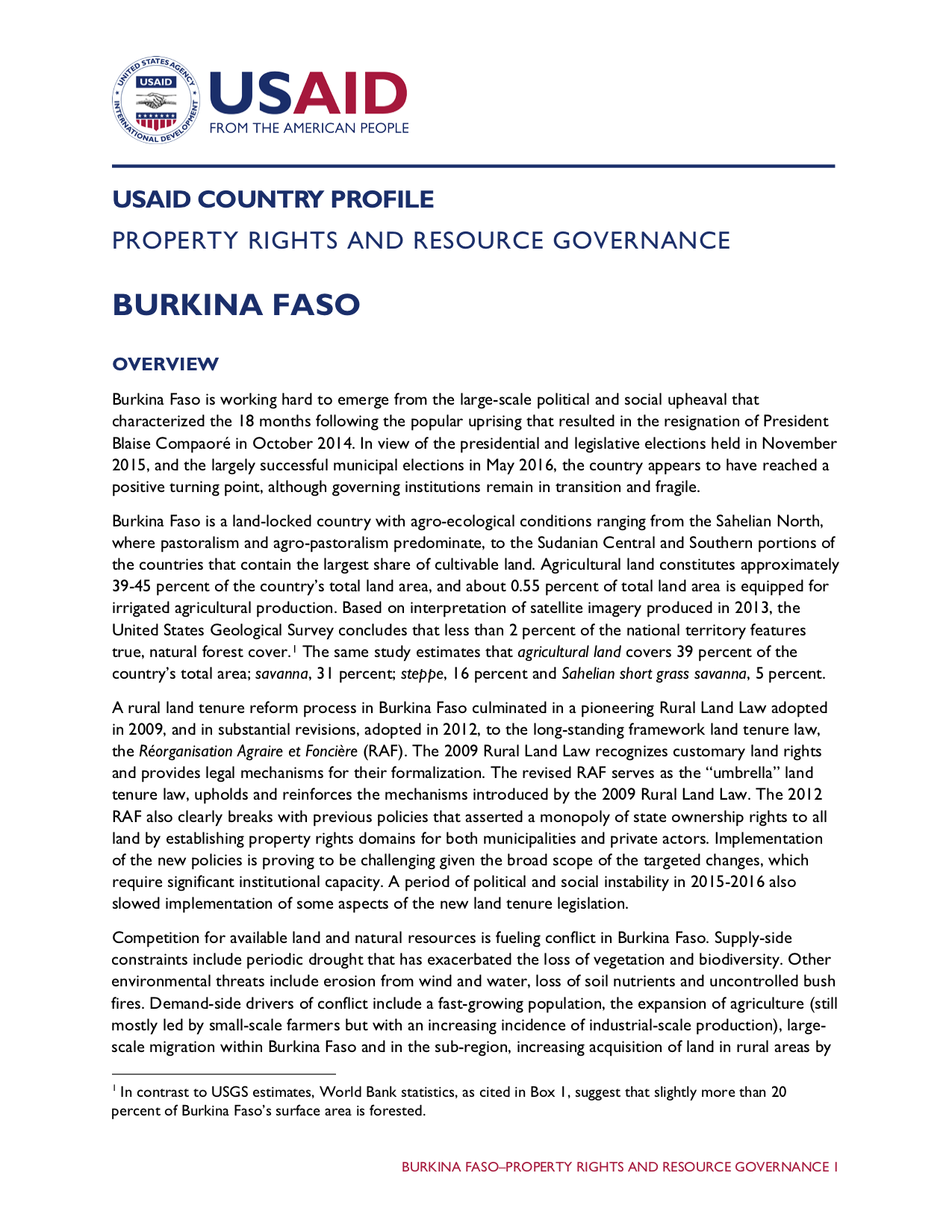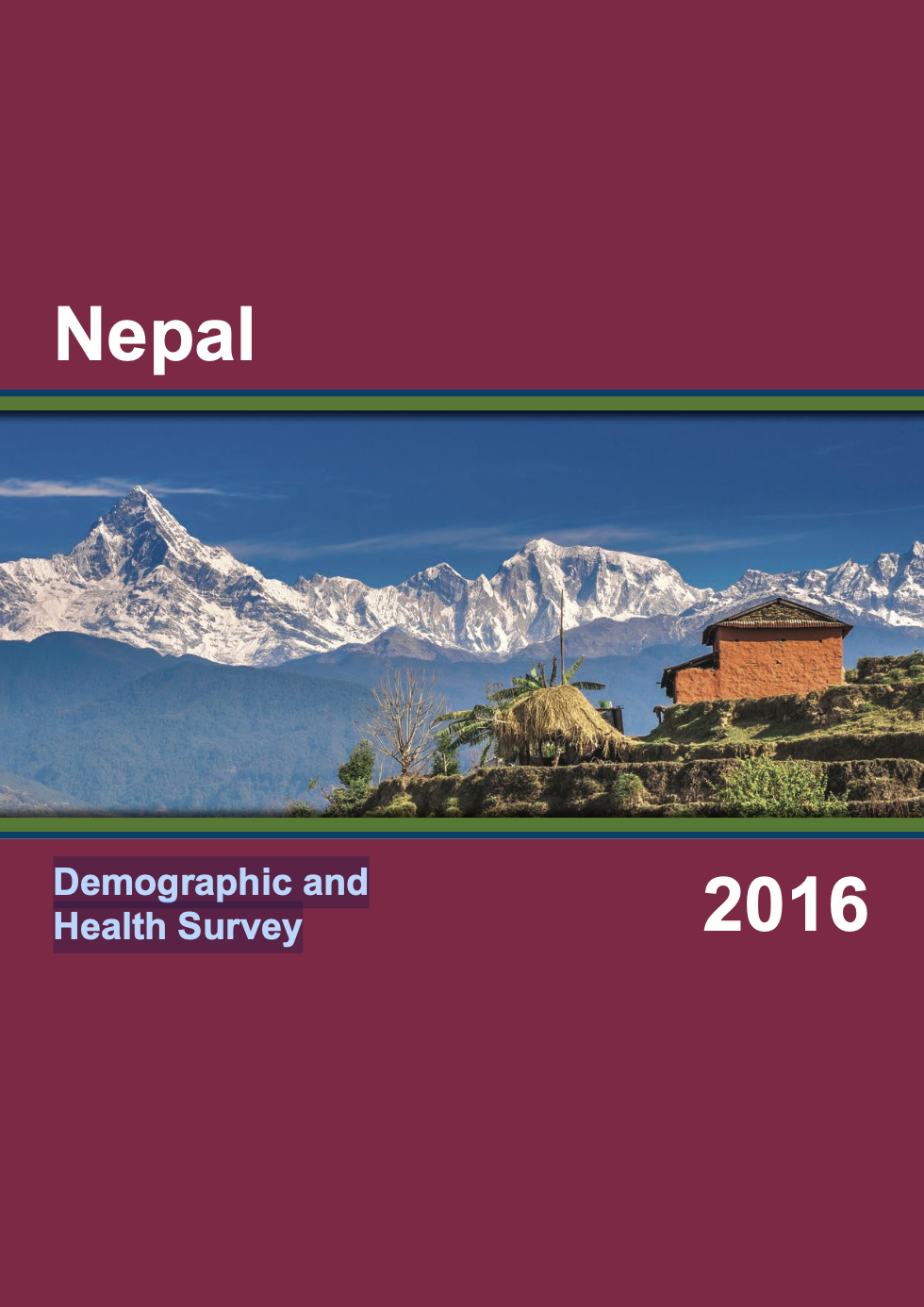Location
About Us
We envision a world in which land governance systems, both formal and informal, are effective, accessible, and responsive for all. This is possible when land tenure and property rights are recognized as critical development issues and when the United States Government and its development partners demonstrate consistent attention and a firm commitment to supporting coordinated policies and programs that clarify and strengthen the land tenure and property rights of all members of society, enabling broad-based economic growth, gender equality, reduced incidence of conflicts, enhanced food security, improved resilience to climate change, and effective natural resource management.
Mission Statement
The USAID Land Tenure and Resource Management (LTRM) Office will lead the United States Government to realize international efforts—in accordance with the U.S. Government’s Land Governance Policy—to clarify and strengthen the land tenure and property rights of all members of society—individuals, groups and legal entities, including those individuals and groups that are often marginalized, and the LTRM Office will help ensure that land governance systems are effective, accessible, and responsive. We will achieve this by testing innovative models for securing land tenure and property rights and disseminating best practice as it relates to securing land rights and improving resource governance within the USG and our development partners.
Members:
Resources
Displaying 16 - 20 of 440VGGT: Training and MOOCs
E3/Land designs and implements training activities that build the capacity of USAID, the United States Government, beneficiaries, and other stakeholders to better understand and address land tenure issues. In-person trainings can be Washington D.C.-based as well as regional, and some trainings are online, such as the Massive Open Online Courses (MOOCs). If you have any questions about trainings and MOOCs or if you cannot locate a specific activity that you are looking for, please contact E3/Land.
Property Rights and Resource Governance Profile
The West African country of Côte d’Ivoire is divided between two large agro-ecological zones: the northern savannah zone, where food crops, cotton and livestock predominate; and the fertile forest zone of the south, where most of the country’s cash crops, including cocoa and coffee, are produced. Nearly 64% of land in Côte d’Ivoire is used for agricultural purposes, and 68% of the labor force works in agriculture.
USAID Country Profile: Property Rights and Resource Governance - Burkina Faso
Burkina Faso is working hard to emerge from the large-scale political and social upheaval that characterized the 18 months following the popular uprising that resulted in the resignation of President Blaise Compaoré in October 2014. In view of the presidential and legislative elections held in November 2015, and the largely successful municipal elections in May 2016, the country appears to have reached a positive turning point, although governing institutions remain in transition and fragile.
USAID Report on Land Tenure & Cocoa Production in Ghana
The Cocoa Research Institute of Ghana (CRIG), with support from the World Cocoa Foundation (WCF) the United States Agency for International Development (USAID), performed the Ghana Land Tenure Baseline Survey, the first of its kind survey of tenure rights among cocoa farmers in Ghana. CRIG surveyed almost 1,800 cocoa farmers operating 3,900 cocoa plots regarding various land tenure issues within customary sharecropping arrangements and on owner-managed land. This report describes the findings from the Survey.
Nepal Demographic and Health Survey 2016
The 2016 Nepal Demographic and Health Survey (NDHS) is the fifth survey of its kind to be implemented in the country as part of the worldwide Demographic and Health Surveys (DHS) Program. It was implemented by New ERA under the aegis of the Ministry of Health (MOH) of the Government of Nepal with the objective of providing reliable, accurate, and up-to-date data for the country.






